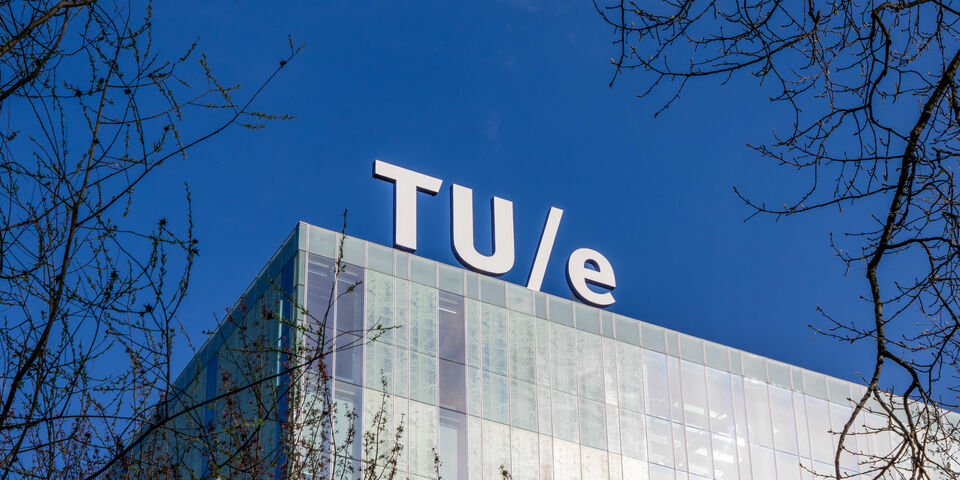On Thursday, the council of ministers will reach a decision on the support operation, according to NOS. Reportedly, this would involve a "multi-billion-euro boost” in fiscal measures, highways, housing, research and education. Robert-Jan Smits, President of TU/e’s Executive Board, cannot confirm the financial boost for the region and university. “But if all of this is indeed true, that is fantastic news,” he responds when asked.
ASML CEO Peter Wennink, also President of TU/e’s Supervisory Board, gave a warning back in January about the deteriorating business climate for companies in the Netherlands. Wennink told NOS at the time that it is becoming “more difficult” for companies to do business in the Netherlands. “Ultimately, we have to be able to supply our customers with what they need. And the chip industry is only going to grow. We’d prefer to do that here. But if that’s no longer a possibility, we’ll go somewhere else.”
Project Beethoven
That warning triggered an atmosphere of crisis in political The Hague, which, over the past few years, has also seen the departure of the Shell and Unilever headquarters. Under the code name “Project Beethoven,” the outgoing cabinet is negotiating with companies and the Eindhoven region to prevent another exodus. The high-tech industry in and around Eindhoven is seen as the growth engine of the Dutch economy of the future.
One and a half years ago, TU/e submitted a proposal to the Ministry of Education to be educating twice as many technically skilled personnel by 2032. That proposal for a so-called upscaling - in conjunction with higher vocational education (HBO) and senior secondary vocational education (MBO) - did not receive support from the ministry at the time. Since then, TU/e has been committed to “organic growth”.
With Project Beethoven, the hopes of administrators for accelerated growth are being rekindled. According to Smits, this growth is needed to “meet the demand from the high-tech industry in Eindhoven Brainport.” More than 80 percent of all TU engineers working in the high-tech sector in the region hail from TU Eindhoven, says Smits. “Therefore, it makes sense to invest extra money in TU/e in order to provide more engineers for companies like ASML. Apparently, The Hague is now seriously considering this, which is good news.”
High housing prices
There is also criticism of the rapid growth of ASML, Brainport and TU/e. Due to the influx of foreign workers and international students, the pressure on infrastructure and other public facilities is increasing. People who do not work in the high-tech industry hardly reap any of the benefits of the region's economic growth, but they do have to contend with problems such as high housing prices.
Because of this, investments will also be made in the construction of new housing. So far, large-scale housing initiatives in the region have been slow to take off. According to NOS, discussions are currently taking place about a contribution from the government of around one hundred million euros, provided that the region and industry (in particular ASML) also contribute funds.


Discussion